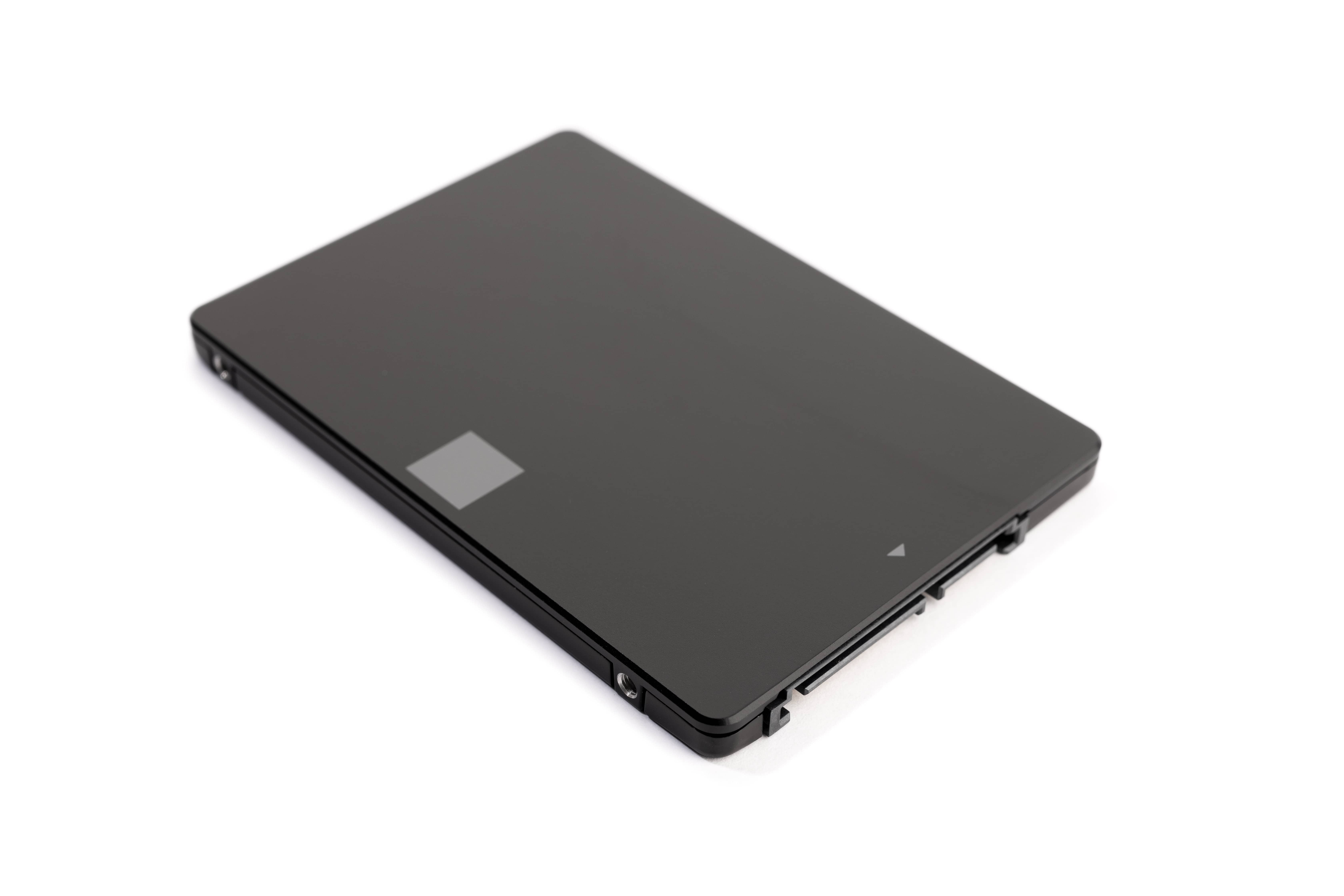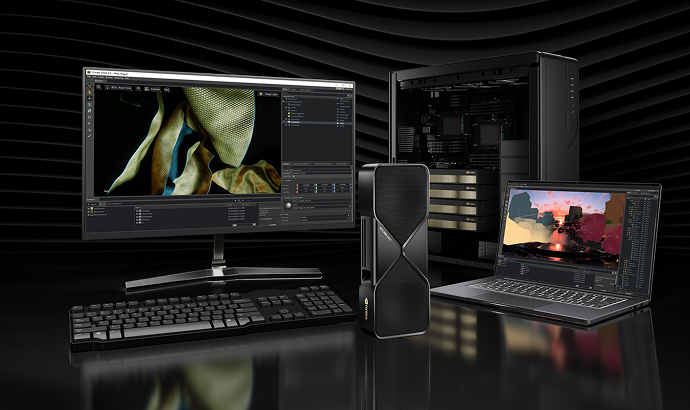

Writing About AI
Uvation
Reen Singh is an engineer and a technologist with a diverse background spanning software, hardware, aerospace, defense, and cybersecurity. As CTO at Uvation, he leverages his extensive experience to lead the company’s technological innovation and development.

An enterprise SSD (Solid State Drive) is a high-performance storage device specifically engineered for demanding enterprise environments. Unlike consumer-grade SSDs, these drives are designed to handle heavy workloads, deliver consistent performance, and offer superior durability and reliability. They are crucial for business applications that require rapid data access and intensive read/write operations, such as databases, virtualisation, and big data analytics, thereby maintaining operational efficiency and ensuring business continuity.
There are four primary types of SSDs, each tailored to different performance and usage needs:
Samsung consistently stands out as a top contender in the enterprise SSD market due to its innovation, performance, and reliability. The company is renowned for its cutting-edge technology and superior product quality, designing its enterprise SSDs to meet the stringent demands of complex business environments. These drives offer robust performance, high endurance, and extensive storage capacities, making them a preferred choice for businesses globally.
Uvation recommends several Samsung enterprise SSDs for their outstanding performance and reliability:
Samsung’s enterprise SSDs, including the PM1733a and PM1653 series, are specifically engineered to meet the stringent demands of enterprise environments. They are built to handle the most intensive workloads by offering impressive read/write speeds, ensuring rapid data access and efficient storage management. Furthermore, they incorporate advanced security features and provide reliable performance and high endurance, which are critical for maintaining continuous operations and data integrity in demanding business applications.
When selecting the best SSD for an enterprise, it is crucial to evaluate several key factors:
Enterprise SSDs significantly contribute to business continuity and operational efficiency by providing high-speed data access and consistent performance, which are critical for modern enterprise technology. Their ability to handle heavy workloads and intensive read/write operations ensures that crucial applications like databases, virtualisation, and big data analytics run smoothly and without interruption. The higher durability and reliability of enterprise SSDs also minimise downtime and data loss risks, thereby safeguarding business operations and ensuring continuous service availability.
While Samsung consistently stands out as a leader in the enterprise SSD market, several other brands have also made a name for themselves. Noteworthy competitors include Intel, Western Digital, and Micron. These brands also offer a range of enterprise-grade SSDs designed to meet the demanding requirements of business environments, providing various options for companies to consider based on their specific needs and preferences.
We are writing frequenly. Don’t miss that.

Unregistered User
It seems you are not registered on this platform. Sign up in order to submit a comment.
Sign up now